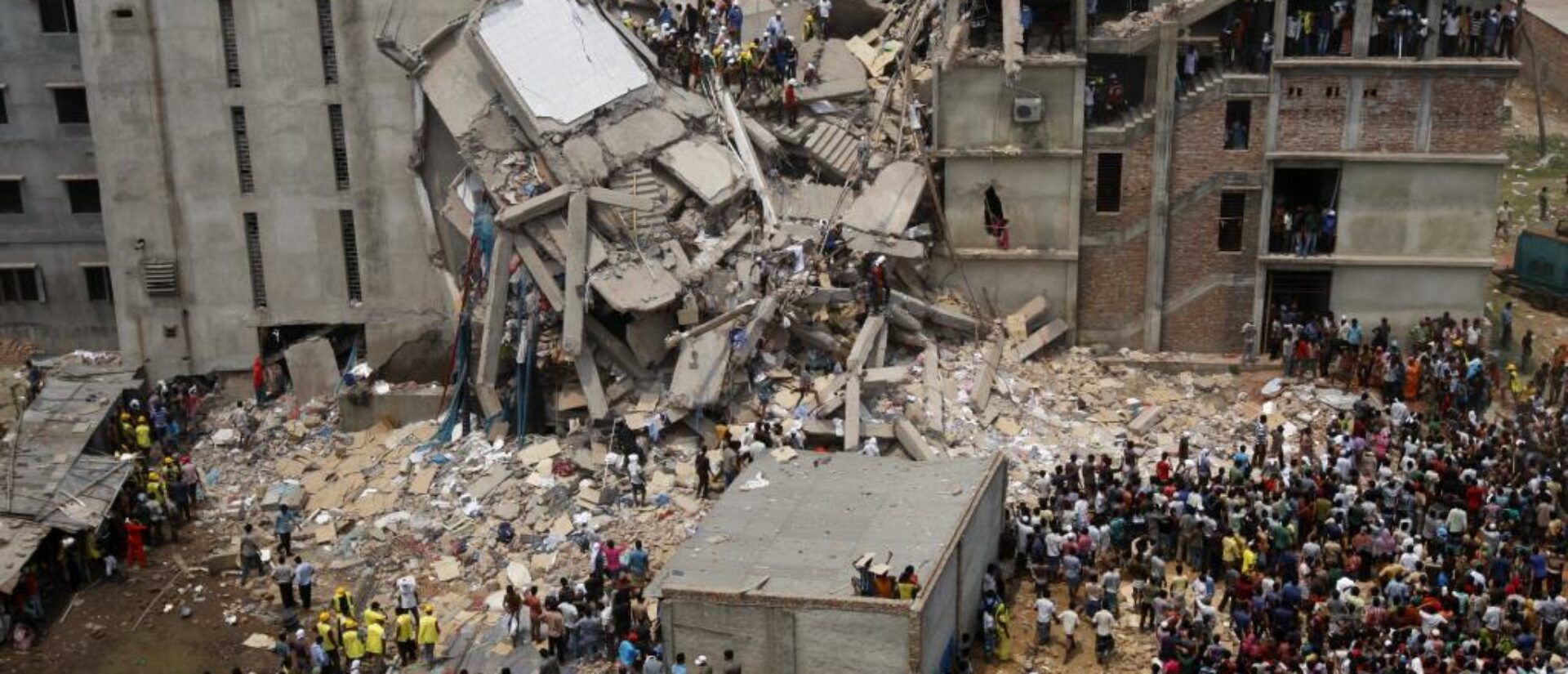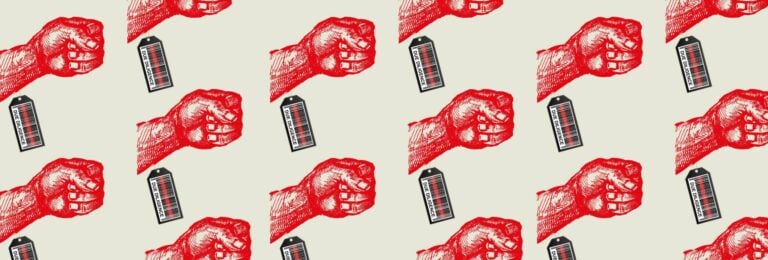
Amidst the trend towards mandatory due diligence, the Bangladesh Accord model should not be abandoned
The beginning of the previous decade marked an important milestone for business and human rights. The UN Guiding Principles on Business and Human Rights (UNGPs)(opens in new window) were adopted in 2011, introducing the concept of ‘human rights due diligence’. During that same period, the OECD Guidelines for Multinational Enterprises (OECD Guidelines)(opens in new window) were revised, incorporating this same due diligence concept. To date, these two international principles and guidelines form the basis of the international standards expected from businesses throughout their operations and supply chains. On the ten-year anniversary of the UNGPs and revised OECD Guidelines, however, one of their most effective examples of human rights due diligence implementation – the legally-binding Bangladesh Accord(opens in new window) between garment brands and trade unions – is at risk of losing elements that ensure its effectiveness.
The Bangladesh Accord
The introduction of human rights due diligence did not prevent major industrial accidents from occurring in garment supply chains. The Ali Enterprises factory fire(opens in new window) in Pakistan killed 258 workers in September 2012; the Tazreen factory fire(opens in new window) in Bangladesh killed 112 workers November 2012; and one of the worst industrial disasters in history: the Rana Plaza building collapse(opens in new window) killed 1,134 and severely injured more than 2,500 workers in Bangladesh in April 2013. Major garment brands and retailers, most with policy commitments and codes of conduct committing to safe and sound working conditions, were sourcing from these factories. The key shared factor, however, is that all were voluntary commitments.
Recognising the ineffectiveness of existing policies and voluntary (multi-stakeholder) initiatives to identify, prevent and mitigate such tragic disasters in their supply chains, over 200 garment brands and retailers signed the legally-binding Accord on Fire and Building Safety in Bangladesh (the Accord), with global union federations and their Bangladeshi trade union affiliates. In May 2013, the Accord commenced on its impressive journey to identify and evacuate workers from factories at the risk of collapse, and to require corrective action plans to remediate hundreds of thousands safety hazards at more than 1,600 factories covering more than two million workers. Today, the Accord is referenced in European Commission studies(opens in new window) and ILO reports(opens in new window) as a model that meets the requirements of ‘human rights due diligence’.
Benefits of a binding accord
The legally-binding nature of the Accord means that all brands and retailers which have signed up can be held individually accountable. All signatories are required to comply with the Accord’s provisions, including requiring their suppliers to participate in the inspection and remediation programme, and to ensure that remediation is financially feasible. The Accord affords an unprecedented level of “collective leverage” to its 200 brands. Failure by suppliers to remediate within the timelines set by an independent Accord Chief Safety Inspector triggers a notice and warning procedure which may ultimately lead to the supplier being made ineligible to produce for Accord brands. Legally-binding provisions ensure Accord brands are also held accountable to guarantee the financial feasibility of factories to complete remediation. Global union federations are able to bring charges against brands and retailers that fail to fulfil commitments under the Accord, which led to two cases being brought to the Permanent Court of Arbitration, and resulted in multi-million dollar settlements to upgrade factory remediation.
Furthermore, unlike many other voluntary multi-stakeholder initiative’s complaints mechanisms, the Accord’s occupational safety and health complaints mechanism is widely trusted by workers and has demonstrable success preventing accidents and ensuring the reinstatement of workers unfairly dismissed for raising safety concerns. In alignment with the UNGP criteria for non-judicial grievance mechanisms, the Accord signatories’ complaints mechanism is independent and impartial, with complaint resolutions that are binding on both factories and Accord brands sourcing from them.
The Accord is set to expire at the end of May 2021, and while negotiations are ongoing, there are indications Accord brands and retailers are unwilling to sign another legally-binding agreement with enforceable obligations for brands, despite previous verbal commitments to expand the provisions of the Accord to other countries with similar workplace safety risks. Not one company has yet publicly supported the continuation of the Accord’s current legally binding model, not those which broke ground on agreements for workplace safety: PVH and Tchibo. Recent tragedies in Morocco(opens in new window) , where 28 garment workers died in a flooded factory, and Egypt(opens in new window) , where a factory fire killed 20 workers, are a stark reminder that workplace safety risks are abundant in many garment-producing countries. It should also serve as a reminder brands’ and retailers’ internal due diligence mechanisms are not sufficiently reliable to adequately address these risks.
The trend toward mandatory in the 20s
The last decade has witnessed a sharp rise of human rights due diligence models. This includes recent law-based initiatives on supply chain accountability in Germany, the Netherlands and within the EU. With more countries and multilateral initiatives emerging to enshrine human rights due diligence into law, it is high time multinational corporations take notice and take action themselves.
Yet, despite the momentum behind policy makers, civil society organisations and even among some companies (including major garment brands like Adidas, Aldi, H&M, Inditex, KiK, Primark, REWE and Tchibo) which have welcomed moves towards mandatory due diligence(opens in new window) ; the legally-binding model of the Accord is at the brink of abandonment by many of the same brands and retailers.
Accord brands and retailers – which have shown systemic change can result from collective efforts which have equal decision-making structures to those representing workers – should realise the best way to ensure human rights due diligence throughout risky supply chains is to preserve and replicate the Accord model in other garment-producing countries. It is unfathomable that almost eight years after the garment industry’s worst industrial accident, an industry would allow its most successful achievement to wither away, rather than be nurtured to grow and increase its coverage to workers elsewhere. Brands and retailers have a choice to make between returning to pre-Rana Plaza voluntary commitments, or hear the demands of the decade and continue on the road in which promises are upheld by legally binding commitments.
This op-ed was published on the website of the Business & Human Rights Resource Centre(opens in new window) .
Do you need more information?
-

Joseph Wilde-Ramsing
Advocacy Director
Related news
-
 The hidden human costs linked to global supply chains in ChinaPosted in category:News
The hidden human costs linked to global supply chains in ChinaPosted in category:News Joshua RosenzweigPublished on:
Joshua RosenzweigPublished on: -
 Major brands sourcing from China lack public policies on responsible exitPosted in category:News
Major brands sourcing from China lack public policies on responsible exitPosted in category:News Joshua RosenzweigPublished on:
Joshua RosenzweigPublished on: -
Chain of consequences Published on:
 Joshua RosenzweigPosted in category:Publication
Joshua RosenzweigPosted in category:Publication Joshua Rosenzweig
Joshua Rosenzweig


